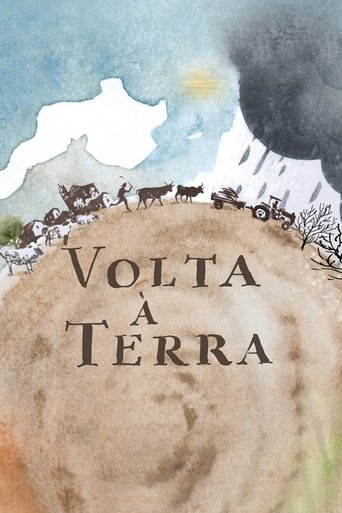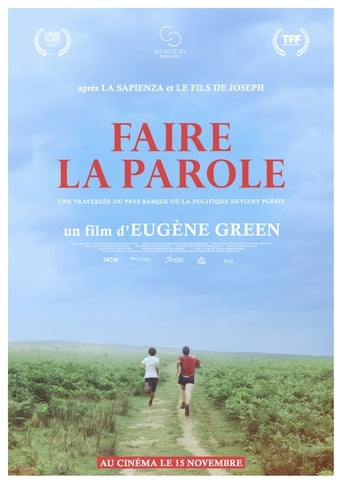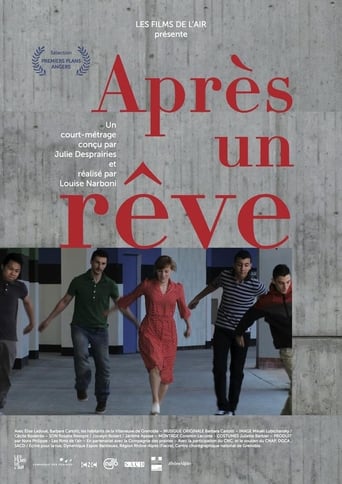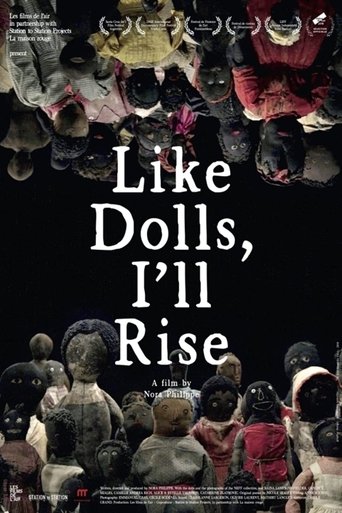(Be)Longing 2015
At Uz, an isolated hamlet in the northern mountains of Portugal, four generations live together in a group of around fifty people. When life is rough, solidarity is of the highest order. Everything else is left in God’s hands. They could have emigrated, like so many others, but chose to stay and keep their ancestral way of life, away from the racket of modernity.




